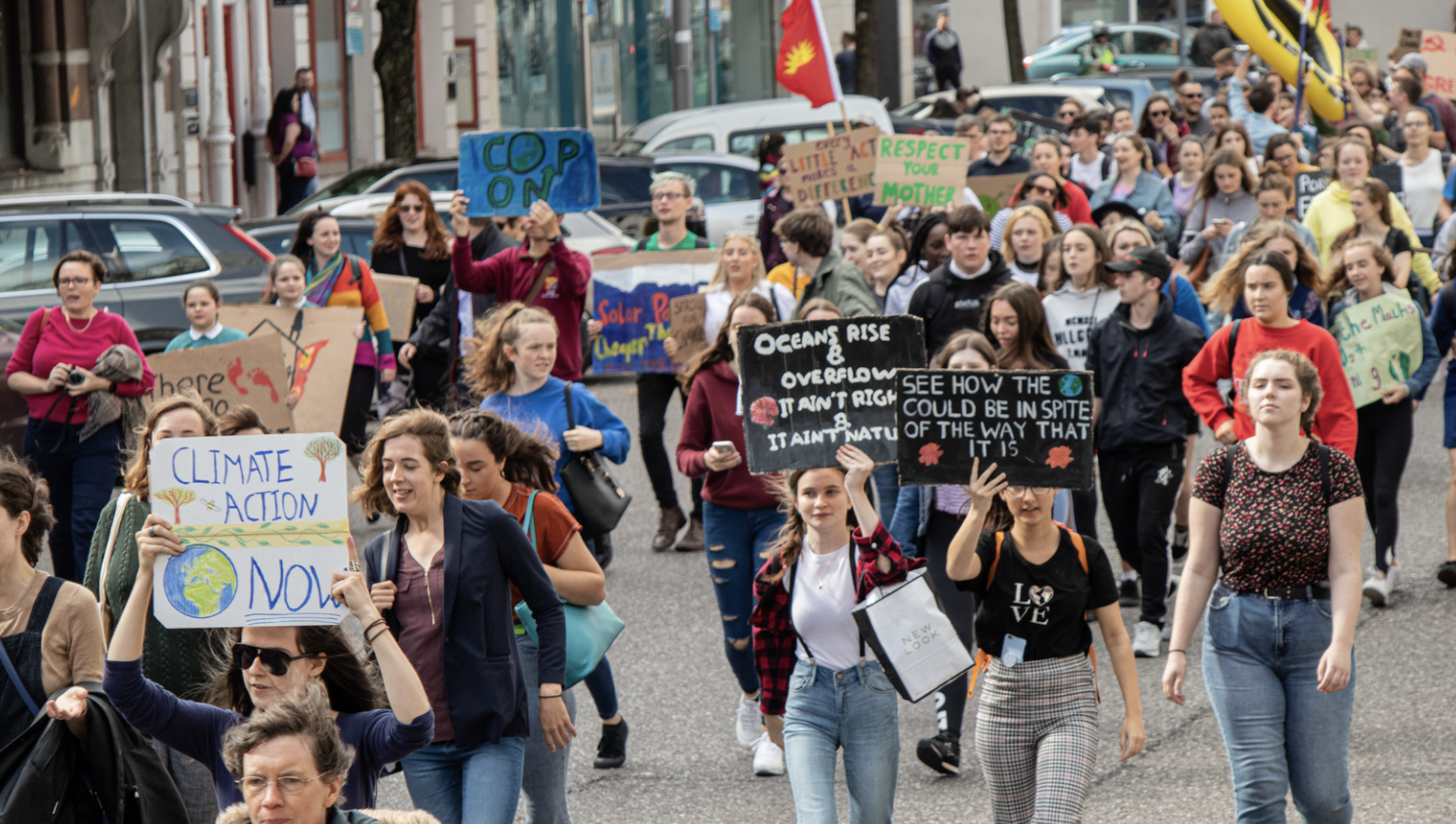Economic shock and awe: The strategy behind the economic sanctions against Russia
Daleep Singh (MBA '03) says: "This is about the freedom of 44 million innocent people who are being terrorized by a dictator."
Daleep Singh (MBA '03) says: "This is about the freedom of 44 million innocent people who are being terrorized by a dictator."
Arielle Lawrence (MBA '22) says: "The reality is, there's a risk and a choice that every entrepreneur makes."
"Unless organizations study the 'why,' the circumstances that made the cyberattack possible won't be addressed."
"The Covid-19 pandemic is a stark reminder of how uncertainty is the dominant variable that governs our lives."
Prof. Robert Pindyck's intense passion inspires his students to involve themselves ever more deeply into the material they are studying.

In recent decades, workers in the United States have faced widening inequality and limited prospects for upward mobility.

There’s really going to have to be a paradigm shift in realizing that every job needs to be a sustainability job at some level," says MIT Sloan's Bethany Patten.

In a new podcast, MIT Sloan Assistant Professor Anna Stansbury explains her research on the links between the decline in U.S. workers’ power in recent decades and increasing income inequality.
"Western financial sanctions against Russian institutions and oligarchs have not targeted the roots of Russian President Vladimir Putin's regime.
"The question is whether this relatively neutral stance by China could prove crucial to preventing further dangerous military escalation.”